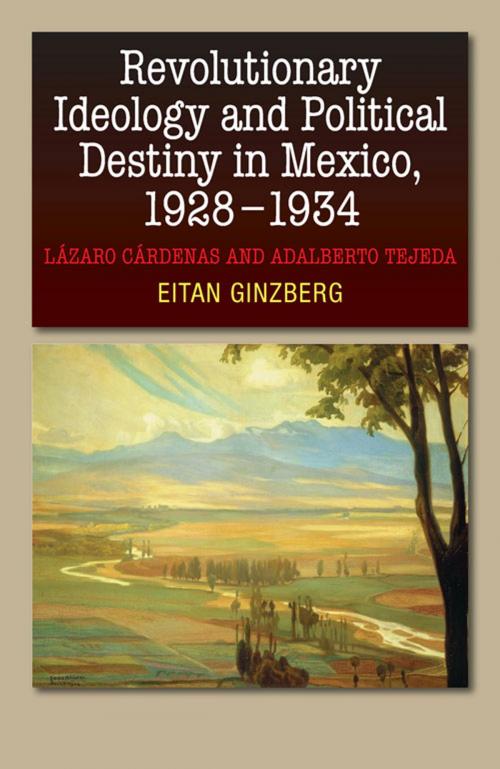Revolutionary Ideology and Political Destiny in Mexico, 19281934
Lázaro Cárdenas and Adalberto Tejeda
Nonfiction, Social & Cultural Studies, Political Science, Politics, Practical Politics, History, Americas, Mexico| Author: | Eitan Ginzberg | ISBN: | 9781782842323 |
| Publisher: | Sussex Academic Press | Publication: | July 1, 2015 |
| Imprint: | Sussex Academic Press | Language: | English |
| Author: | Eitan Ginzberg |
| ISBN: | 9781782842323 |
| Publisher: | Sussex Academic Press |
| Publication: | July 1, 2015 |
| Imprint: | Sussex Academic Press |
| Language: | English |
Lázaro Cárdenas and Adalberto Tejeda, veterans of the Revolution and prominent governors of Michoacán and Veracruz from 1928 to 1932, strived to make Mexico a modern and just state on the basis of the revolutionary constitution. Cárdenas sought to strengthen his position through the ruling party (PNR), while Tejeda attempted to strengthen his position in the federative arena, making a sweeping radical reform while attacking uncompromisingly all the traditional elements of Veracruzan society. Both political projects had unprecedented success but totally different implications. The Cardenista power base led its author to the next presidency, during which he implemented a remarkable agrarian project. Tejeda’s power base, however, led to the utter annihilation of his political power structure and many of his agrarian achievements, as well as to his failure in the struggle for presidency. The fate of the two governors corresponded to the fate of national revolutionary reformism and thus to the destiny of Mexico.
Lázaro Cárdenas and Adalberto Tejeda, veterans of the Revolution and prominent governors of Michoacán and Veracruz from 1928 to 1932, strived to make Mexico a modern and just state on the basis of the revolutionary constitution. Cárdenas sought to strengthen his position through the ruling party (PNR), while Tejeda attempted to strengthen his position in the federative arena, making a sweeping radical reform while attacking uncompromisingly all the traditional elements of Veracruzan society. Both political projects had unprecedented success but totally different implications. The Cardenista power base led its author to the next presidency, during which he implemented a remarkable agrarian project. Tejeda’s power base, however, led to the utter annihilation of his political power structure and many of his agrarian achievements, as well as to his failure in the struggle for presidency. The fate of the two governors corresponded to the fate of national revolutionary reformism and thus to the destiny of Mexico.















